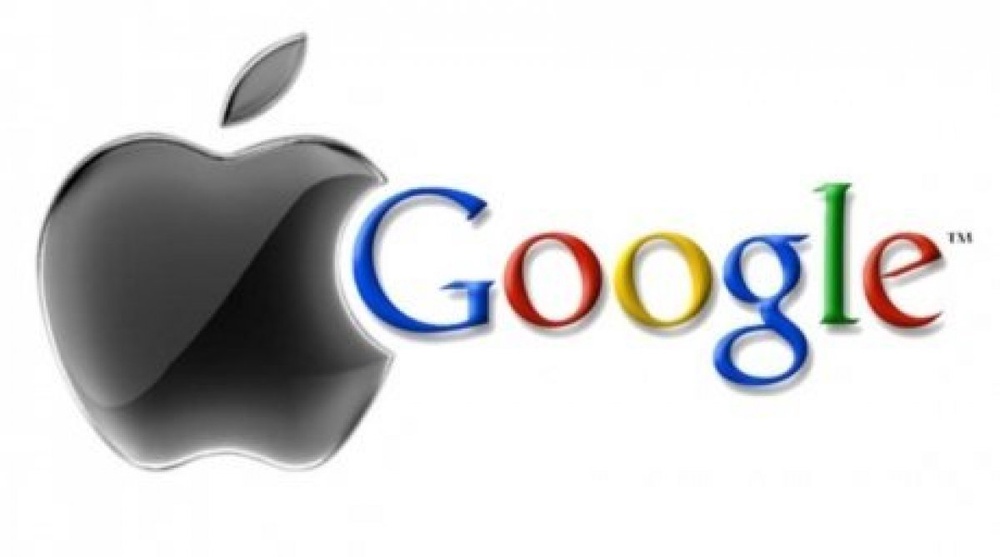
The technology titans behind the top two smartphone platforms in the world called a truce Friday in a long-running patent war, AFP reports





The technology titans behind the top two smartphone platforms in the world called a truce Friday in a long-running patent war, AFP reports
"Apple and Google have agreed to dismiss all the current lawsuits that exist directly between the two companies," the companies said in a joint statement.
"Apple and Google have also agreed to work together in some areas of patent reform."
The companies made it clear that the detente does not include licensing their technology to each other.
Motorola filed a patent lawsuit against Apple in US federal court four years ago, prompting the iPhone maker to fire back with a patent suit of its own.
Litigation has spread to more than a dozen other courts.
Google took on the legal wrangling when it bought Motorola Mobility in 2012 in what was seen at the time as a move to use its patents for defending Android operating software in the increasingly litigious smartphone and tablet markets.
Early this year, Google agreed to sell Motorola Mobility to China-based computer giant Lenovo. The sale has yet to be completed.
Widespread patent fight
California-based Apple has been battling smartphone competitors in courts around the world, accusing rivals using Google's Android software of copying features from its popular mobile devices.
The legal truce between Apple and Google does not take the pressure off South Korea-based Samsung, which has been a prime legal target for the maker of iPhones and iPads.
A Japanese court ruled earlier that Samsung could seek minimal damages from Apple for patent infringement, with both sides claiming victory in the their latest legal skirmish over the design of their smartphones.
Japan's Intellectual Property High Court ruled that Samsung could claim 9.96 million yen ($98,000) from its US arch-rival for use of Samsung's data transmission technology, found to have been used in Apple's iPhone 4 and iPad 2.
Early this month in Silicon Valley, jurors at a different patent trial held the line on its $119.6 million damages award to Apple in a patent battle with Samsung.
While the amount of the award is huge, it is only a fraction of the more than $2 billion Apple had sought at the outset of the trial against is South Korean competitor in the hot smartphone and tablet computer market.
Jurors agreed that Samsung violated three of five Apple patents at issue in the two-month trial.
Jurors also found that Apple violated a Samsung patent and said Apple should pay its rival $158,400 in damages.
Holy war
Samsung lawyers maintained that the legal onslaught emerged from a "holy war" Apple declared on Google-made Android software used to power smartphones.
The argument evidently struck a chord with members of the panel who remarked after the verdict that Apple and Google should deal with their mobile gadget patent issues face to face instead of the Cupertino-based company attacking Android device makers in courts.
The truce did not touch on Apple patent lawsuits aimed at Google partners who make Android-powered smartphones or tablets.
The outcome in the recent Silicon Valley trial pitting Apple against Samsung was sharply different from a 2012 patent trial in the same court. Unlike the previous case in which Apple was a clear winner, this time Samsung prevailed in many areas.
In August 2012, a separate jury in the same court decided that Samsung should pay Apple $1.049 billion in damages for illegally copying iPhone and iPad features, in one of the biggest patent cases in decades.
The damage award was later trimmed to $929 million and is being appealed.


 +7 (777) 001 44 99
+7 (777) 001 44 99















































